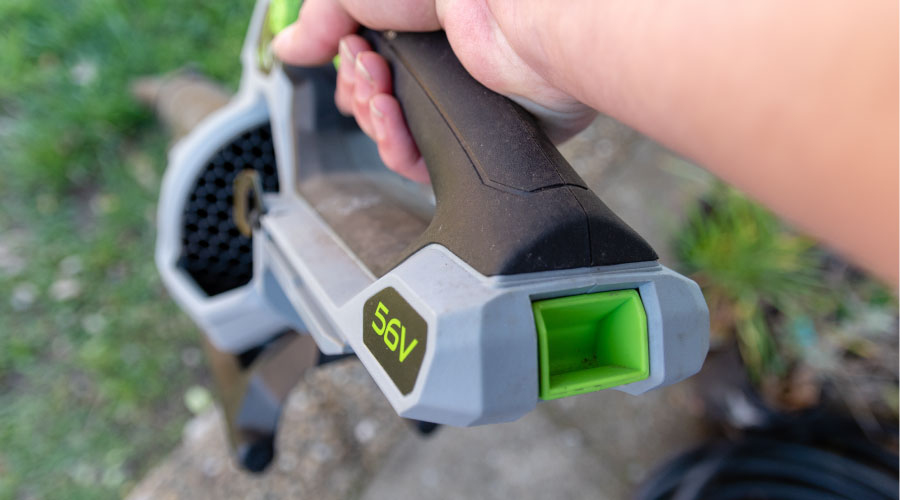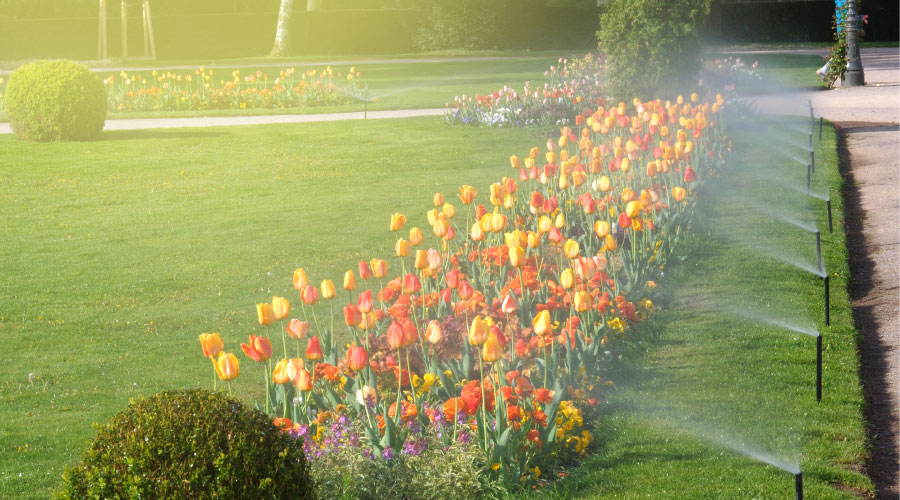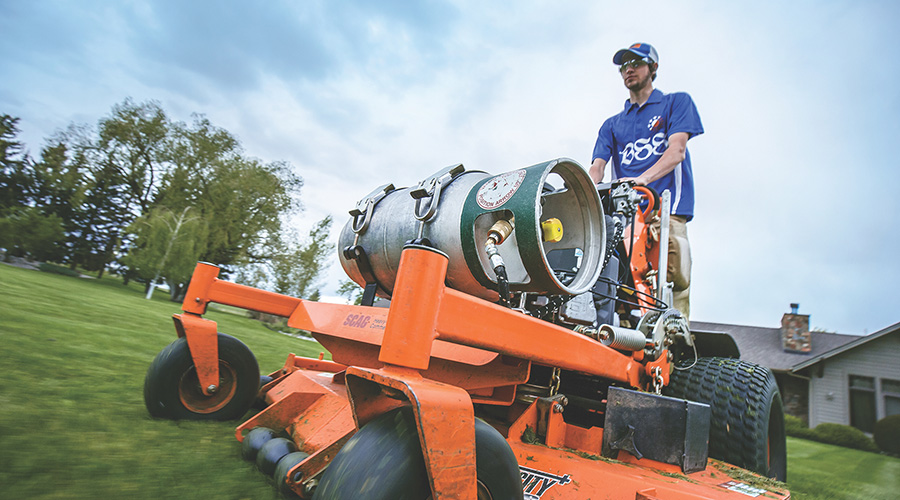Mowers and Sustainability: Issues on the Horizon
Manufacturers advise managers to remain aware of two sustainability-related developments that could affect their mower specification decisions and mowing operations in general.
The first issue is the final stage of the U.S. Environmental Protection Agency's Tier 4 emissions regulations, which go into effect Jan. 1, 2013. The regulations set specific limits on the amount of pollutants — specifically, oxides of nitrogen and particulate matter — that can be released into the environment from non-road diesel engines. The requirements are part of the Clean Air Act aimed at reducing air pollution.
"This is going to add to the complexity and the cost of commercial mower designs," Garvey says. "The bottom line is that all manufacturers play by the same rules with regard to Tier 4. Lower maintenance and lower operating costs and longer service life will be even more important as measures of return on investment for the customer."
The second development is the release by the Sustainable Sites Initiative of its final rating system and technical reference guide, slated for mid-2013. The initiative was created to promote sustainable land development and management practices that can apply to sites with and without buildings.
For more information on the new rating system and reference guide, see the accompanying article.
Says Garvey, "Grounds managers definitely will want to stay on top of that."
Spotlight: SITES
The Sustainable Sites Initiative (SITES) is scheduled to finalize and release an updated and complete 2013 rating system and reference guide in mid-2013.
The initiative's original rating system, released in 2009, combined research, technology, best practices and performance goals for the design, construction and maintenance of sustainable sites.
The 2013 reference guide is designed be the definitive resource for project teams to understand and navigate the 2013 rating system. The system includes improved credits based on the experience from the program's two-year pilot program, additional research and science, and input from technical advisors and staff. The guide will include additional information on ways to achieve sustainability goals outlined in the credits.
SITES is a joint effort by American Society of Landscape Architects, the Lady Bird Johnson Wildflower Center at The University of Texas at Austin and the United States Botanic Garden. The goal was to create voluntary national guidelines and performance benchmarks for sustainable land design, construction and maintenance practices. SITES can be used by those who design, construct, operate and maintain landscapes, including planners, landscape architects, engineers, developers, builders, maintenance crews, horticulturists, governments, land stewards and organizations offering building standards.
For more information, visit www.sustainablesites.org.
— Dan Hounsell |
Related Topics:













